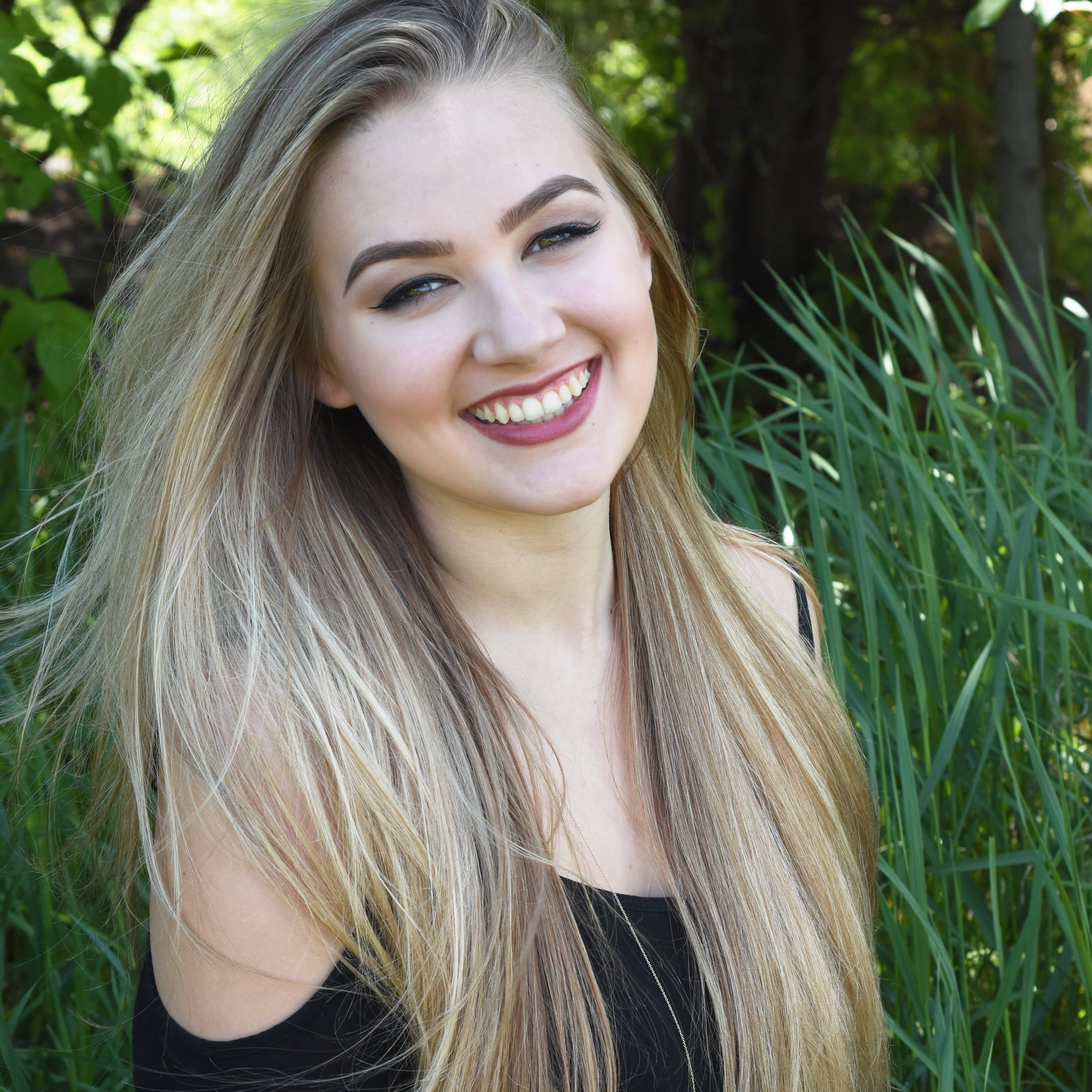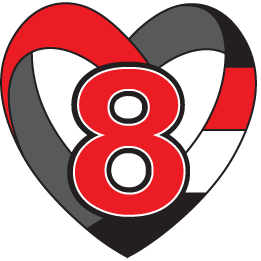
Julien Shares Her Story Being Diagnosed with Generalized Anxiety Disorder

This is Julien's Story
I’ve learned that mental illness is a faceless, sometimes silent villain. There are countless ways mental health and illness can affect someone, and it does not discriminate.
I suppose my own story begins in childhood. I grew up in a very normal and especially loving household. Both of my parents struggle(d) with anxiety, so growing up I was aware of the term, even though I never really knew what it meant. My youth wasn’t comprised of particularly challenging experiences, yet I can recall many moments in my childhood where anxiety began to creep its ugly face. As I got older, I often found myself having guilt over the way I’d be feeling. “Why should I feel the way I do when there are so many people who have gone through so much more than I have?” It took me a long time to realize that mental illness doesn’t necessarily work that way.
My experiences with mental illness took a major turn just before eighth grade. Every year before the first day of school I would find myself feeling anxious, but this time, things were different. I had never in my life felt this sort of debilitating fear/dread/confusion, and it ended up being the beginning of a very difficult yet eye-opening journey. I spent the first half of my school year consumed in this feeling, to the point where I wasn’t able to sleep without being in the same room as my parents. I missed out on sleepovers with my friends, making excuses that I felt too sick to stay over because I was embarrassed. As a 13-year-old, I found myself feeling so ashamed of who I was.

That January, I went to a psychologist for the first time, and was diagnosed with Generalized Anxiety Disorder. There was a sense of relief in knowing that there really was a reason I was feeling the way that I was, and that I wasn’t alone. I spent the next 4 months going to weekly sessions, and eventually was able to find a state that was easier to live with. My anxiety wasn’t gone, but it became manageable.
But, with the end of that school year came the beginning of high school. Becoming a high school student brought back so many of the same feelings. Change triggers a lot of anxiety in me, and knowing these triggers makes a huge difference in handling episodes of anxiety attacks and periods of darkness. High school was a rollercoaster for my mental health, (as it is for so many students). Grade 9 began, and with it, came more anxiety. As I got used to the transition over that year, things got better. Grade 10 was a year in which I hardly had any episodes of anxiety, and a part of me thought that maybe anxiety was just going to be a thing of the past. But, in grade 11, my anxiety crept its way back in, and with it came so much more. I tried dealing with what I was going through on my own for about 6 months, but as time went on, it only got worse. I hit rock bottom in the middle of February of that year. A lot of things went through my mind at that time, but I ultimately decided, with the help and support of my family and friends, to return to therapy. This time, I was diagnosed with Major Depressive Disorder. My psychologist and I took the route of Cognitive Behavioral Therapy, and through months of sessions, there was light at the end of the tunnel again.
I live with Generalized Anxiety Disorder every day of my life. Some days are better than others, and there are days where things are great. I am thankful to know that I have options when dealing with anxiety and depression. Having a support system like my family and close friends has made all of the difference in my life.
My advice to anyone struggling:
- Do not struggle in silence. Reach out to your friends, family, a teacher; anyone you trust. There are so many people who love you and will be more than willing to support you.
- Seek help from a professional. Therapy changed my life. The things I learned in my therapy sessions have become essential tools, not only for when I find myself struggling, but also in my everyday life. Sometimes you simply can’t deal with things on your own, and that’s perfectly okay.
- Meditate! In recent months, I have incorporated meditation into my daily routine, and I have found so much value in taking just a few moments to find clarity during my day. Guided meditation is especially helpful if you feel lost, unfocused, or unsure.
- I use writing as an emotional outlet; whether it be journaling, songwriting, or poetry. I am so thankful for it.
So in your darkest moments, remember this - "you may be confused with the world, but it has a plan for you greater than the way you feel right now."
- Julien

Don't see what you're looking for? Send us an email!
©Copyright 2024 Cam’s Kids powered by Kids Help Phone
Not-for-Profit Organization. B/N: 921508-5
Thanks for visiting Cam's Kids. Please remember...
Cam's Kids is not a service provider.
If you are in crisis, please call 911 or go to your nearest emergency department. For free, confidential counselling, contact Good2Talk or Kids Help Phone.
Post-secondary students: find your local crisis resource here.





